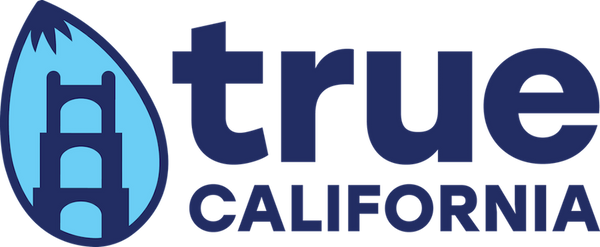When we don't, we feel tired, moody, and...hungry. There are now studies linking sleep deprivation to our food choices. Without adequate sleep, we are physically tired and need more energy. This signals our bodies to re-energize and food is a quick and easy way to do it. The quickest and easiest food sources of energy are carbs, sugars, fats, and of course, caffeine. It's why we crave junk foods, candies, and salty snacks after a long night out, a late study session, or rushing to meet a project deadline. Coffee and caffeine is interesting since it can help improve health when consumed in appropriate amounts but overdoing it can start to hurt your ability to sleep and sleep soundly. With more sleep, our bodies are well rested and we can make healthier diet decisions.
There are also foods that help promote better sleep. It's not always how many hours you sleep but how well you slept during those hours. So again, we see a connection between food, sleep, and your health. Most of the foods we found were ones that helped our bodies absorb or produce melatonin. Turkey, chamomile tea, and tart cherries made most of the lists. The kiwi fruit was a surprise to us, but we were pleased to see almonds, walnuts, and pistachios to make those lists as well. They're our own California homegrown superfoods and we love them! =)
Here are a few articles to get you started if you're interested in learning more:
- https://www.theladders.com/career-advice/eating-this-1-thing-can-combat-sleep-deprivation-study-finds
- https://pubmed.ncbi.nlm.nih.gov/30042149/
- https://health.clevelandclinic.org/how-more-sleep-can-lead-to-better-food-choices/
- https://www.healthline.com/nutrition/9-foods-to-help-you-sleep#1.-Almonds
- https://www.runnersworld.com/news/a29614255/junk-food-cravings-after-not-enough-sleep/
- https://news.berkeley.edu/2013/08/06/poor-sleep-junk-food/

